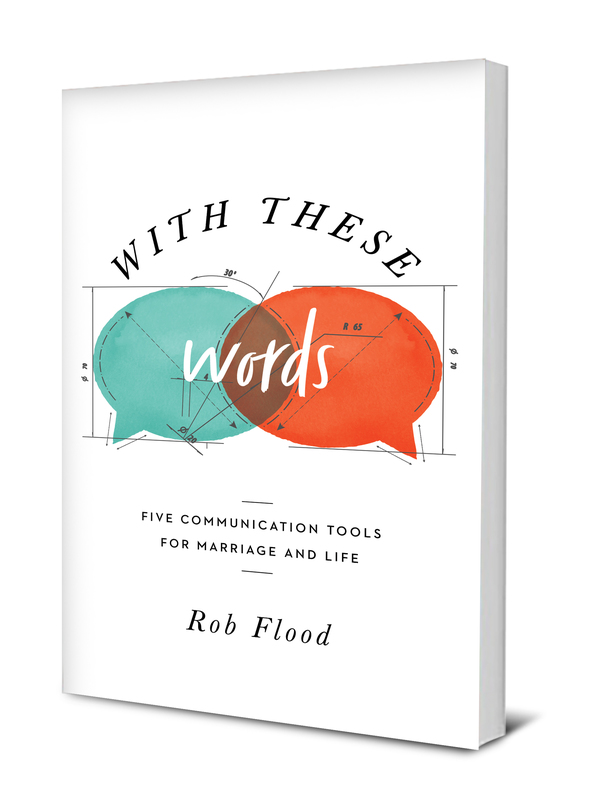Do you remember Bob Newhart? He is an older comedian—but can be still found on reruns of The Big Bang Theory as Professor Proton. One of my favorite of his earlier sketches was about a counselor who charges $1 a minute for the first 5 minutes, then nothing after that. How could he do that? I’ll get to that.
A woman named Katherine Bigman comes to him for help with her paralyzing fears. Newhart, gives her simple and direct counsel, “Stop it!” That’s the sum total of all he has for her. Following a shocked and offended appeal from Katherine, he expounds upon his counsel, “Stop it! You don’t want to be like that, do you? Well then, stop it!” Of course, the audience laughs—who needs that kind of counsel, and is it even worth a dollar?
God’s version of “Stop it!”
But when we search for passages on fear and anxiety in our Bibles, at first glance what God says to us doesn’t sound much different:
- Genesis 15:1 to Abraham – “Fear not!”
- Exodus 14:13 Moses to the people of Israel trapped between Pharaoh’s army and the Red Sea – “Fear not!”
- Joshua 1:9 to Joshua – “Do not be frightened.”
- Philippians 4:6 to the church – “Be anxious for nothing.”
We can interpret the counsel of God to the anxious as, “Stop it! You don’t want to be like that, do you? Well then, stop it!”
God has commanded us to stop, and we can’t. So, we believe God thinks less of us. And as a result, we feel alone, isolated, singled out in all creation as the one Christian who can’t “Stop it!” Maybe he’ll withdraw his grace from us. Maybe he already has.
When our concordances take us to those “stop it” verses, we often fail to read the verses before and after. This is the mistake many make when they come to Isaiah 41:10:
…fear not, for I am with you; be not dismayed, for I am your God; I will strengthen you, I will help you, I will uphold you with my righteous right hand.
Isaiah 41:10 (ESV)
If you have struggled at all with anxiety, you’ve read this verse. But have you read the passage around this verse?
God’s Posture toward the Anxious (vv. 8–9)
Before getting to the topic of Israel’s fear, the Lord underscores how he views Israel. Take a close look at these words because there is immeasurable hope hidden within them.
But you, Israel, my servant, Jacob, whom I have chosen, the offspring of Abraham, my friend; you whom I took from the ends of the earth, and called from its farthest corners, saying to you, “You are my servant, I have chosen you and not cast you off”
Isaiah 41:8-9
God is the one taking action. “I have chosen.” “I took from the ends of the earth.” “I called from its farthest corners.” “I said to you, you are my servant.” “I have chosen you.” Look at his terms of endearment: “my servant,” “my friend,” “I have chosen you.”
When God’s people fear, he reminds them of his commitment and affection. They belong to him. Even so, we feel unsure whether God will come through. We feel abandoned, cut off. Our fears loom large and, consequently, God becomes hard to see.
John Newton, the man who wrote Amazing Grace, knew this temptation:
I know what I ought to desire, and what I do desire. I point him out to others as the All-in-all; I esteem him as such in my own judgment; but, alas! My experience abounds with complaints. He is my sun; but clouds, and sometimes walls, intercept him from my view. He is my strength; yet I am prone to lean upon reeds.
Letters of John Newton, (213-214)
Our security has little to do with our posture toward God, but it has everything to do with his posture toward us. It doesn’t depend upon our ability to see through the clouds of trial and fear. It depends upon God’s posture, cemented by the perfect life and atoning death of Christ. We were purchased, not persuaded. We were saved, not solicited.
Far from yelling “stop it” at us, God enters into our fears and displays the incredible divine reality of God’s enduring love.
God’s Presence with the Anxious (v. 10)
This great God who chose us, who loves us, who made us, who watches over us—this same God is with us. And his presence is meant to be a source of peace.
“…fear not, for I am with you; be not dismayed, for I am your God;”
Isaiah 41:10
God is so aware of your trial and your fear that he wants you to know beyond a shadow of a doubt that he is here with you, with all of his power in tow to be leveraged on your behalf.
Following one church service, as the children were all scurrying about and the adults were connecting with one another, a little girl let out the most piercing scream. By the time my eyes caught her, she was running as fast as she could in circles. She kept screaming, “Mommy! Mommy!” She had lost sight of her mom. She was alone. Without Mommy there, she just began to panic.
Three adults ran after her to comfort her, but they had no success. Yet the very second she saw her mom, her cry shifted from panic to relief. All she needed for her comfort was the presence of her mother.
This is the gift we have in the presence of God. He is a very present help in trouble. BE STILL. Be still and know that he is God. Your heart tells you that God has left you. Jesus says he will never leave you. Your heart tells you that it is time to panic. God himself says, “Fear not, I am with you. Be not dismayed.”
God’s Promises for the Anxious (vv. 10–13)
I will strengthen you, I will help you, I will uphold you with my righteous right hand. Behold, all who are incensed against you shall be put to shame and confounded; those who strive against you shall be as nothing and shall perish. You shall seek those who contend with you, but you shall not find them; those who war against you shall be as nothing at all. For I, the LORD your God, hold your right hand; it is I who say to you, Fear not, I am the one who helps you.”
Isaiah 41:10-13
We make a mistake when we envision that God has a trial-free future for his children. We set ourselves up for doubt. When we do this, we are left with the obvious question, “If God loves me, why would he allow these things to happen?” But Jesus’ own words say this most clearly:
“In the world you will have tribulation.” John 16:33
Being saved from our sins does not mean that we live free from sickness, from fear, from worry, from opposition. God’s love for us has no direct correlation with the amount of tribulation we experience. God’s love for us has every possible correlation with whether we experience that tribulation with or without him.
God takes our face in his hands like a father does his frightened child and directs our vision to the future. He lovingly calls us to view the future through his promises.
- We will be strengthened in our trials. (v. 10)
- We will be helped in our trials. (v. 10)
- We will be upheld by God in our trials. (v. 10)
- Our enemies will not ultimately have the victory. (v. 11–12)
- God will be with us. (v. 13)
- God will be our help. (v. 13)
You may think that those promises won’t have any affect on your anxiety. What should you do then? William Bridge helps us here:
If the promise does not come to you, go you to it. Sometimes the promise comes to us, sometimes we go to it. When the promise comes to you, you have joy; when you go to it, you have peace, and this peace may last longer than the joy. But remember this as an everlasting rule, that your very relying upon the promise makes it yours.
A Lifting up for the Downcast – William Bridge, p. 44
There is no other source of hope. No amount of worry, no amount of planning or preparation, no amount of busyness, no amount of anger or fear can ever generate genuine hope and peace. It must be God. He is our peace.
Here’s where we can always end up: What do God’s anxious children need? They need God’s posture, God’s presence, and God’s promises. His posture gives peace. His presence gives peace. His promises give peace. Let’s thank God that our hope is not in how tightly we hold onto these things. Our hope is in how tightly God holds on to us.






